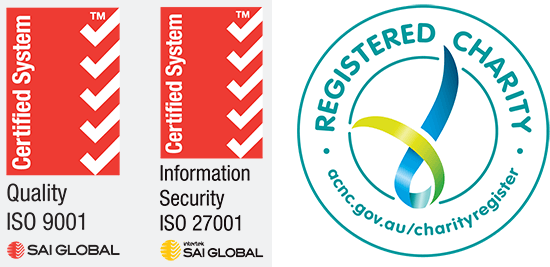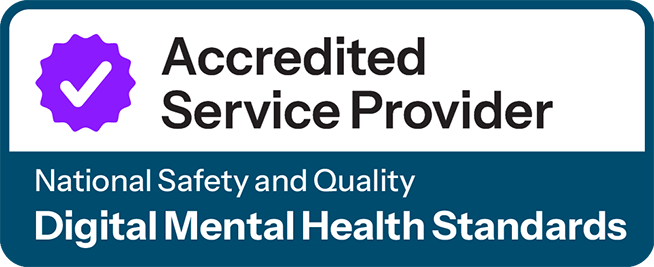Date
Cost
Available to
Continuing Professional Development
2 RACGP CPD hours - educational activities
This webinar explores practical strategies for managing common gastrointestinal conditions in general practice and outpatient care. It covers the evaluation and treatment of gastrointestinal reflux disease (GORD) and its complications, plus updates on chronic liver disease including cirrhosis and portal hypertension, and approaches to managing H. pylori in the context of antibiotic resistance and gastric intestinal metaplasia.
Join NWMPHN and Mercy Hospital in this webinar which will explore three common gastroenterological and liver-related problems in the outpatient setting and will provide an update into the best practice in their evaluation and management. The topics covered will include gastrointestinal reflux disease (GORD), including its complications of Barrett’s oesophagus, and considerations with regard to investigation and management including with PPI therapy. The evaluation of common liver diseases and cirrhosis will be covered, including with non-invasive markers of fibrosis, HCC surveillance, the importance of nutrition and advances in the management of portal hypertension. And finally, there will be a review of the management of H pylori – in particular, resistant H pylori – as well as the complication of gastric intestinal metaplasia and its screening and management.
Speakers:
Dr Fiona Jones is a consultant gastroenterologist who recently completed an interventional endoscopy fellowship at St Vincent’s Hospital Melbourne, where she specialised in therapeutic luminal endoscopy including device-assisted enteroscopy and capsule endoscopy. Fiona graduated from University College Dublin in 2010, completing her internship and medical training in the Mater Hospital Dublin, and subsequent specialist training in gastroenterology with the Royal College of Physicians of Ireland. During this time she was awarded the Newman Fellowship in Inflammatory Bowel Disease, completing her MD at University College Dublin where she focused on the impact of mucosal determinants of inflammation in IBD. She has presented research both nationally and internationally and published in peer reviewed journals.
Dr Catherine Croagh is the Head of Gastroenterology at Werribee Mercy Hospital. She graduated from the University of Melbourne in 1996 and did her gastroenterology training at St Vincent’s Hospital, Eastern Health and Dandenong and Monash hospitals. She holds a Master of Public Health and also obtained a Master from the University of Melbourne in hepatitis B in 2015, focusing on the natural history of disease as well as novel biomarkers including quantitative HBsAg. She has interests also in metabolic dysfunction–associated steatotic liver disease, including using weight management strategies to assist these patients. She is passionate about providing and improving access to excellent gastroenterological care to patients in the area Werribee Mercy serves.
Dr Niranjan Arachchi is a general gastroenterologist skilled in Endoscopy, management of liver diseases, inflammatory bowel diseases and general gastroenterology. He had been a full time gastroenterologist and a physician at Western Health since 2009-2018 and is now a VMO at both Western Health and Werribee Mercy. He graduated from University of Melbourne in 1997 and completed his FRACP in 2006. He was a postgraduate research fellow at St Vincent's Hospital in Melbourne from 2007-2009. Dr Arachchi also has master’s degree in clinical epidemiology from University of Sydney.
Learning outcomes:
- Describe the pathophysiology and risk factors for GORD and its progression to and management of Barrett’s oesophagus.
- Explain evidence-based management plans for patients with persistent H pylori infection and treatment failure.
- Describe the risk factors requiring consideration of surveillance of gastric intestinal metaplasia.
- Identify the risk of cirrhosis in patients with chronic liver disease using non-invasive markers and demonstrate an understanding of the HCC surveillance, nutritional and pharmacological management of patients with cirrhosis and portal hypertension.





